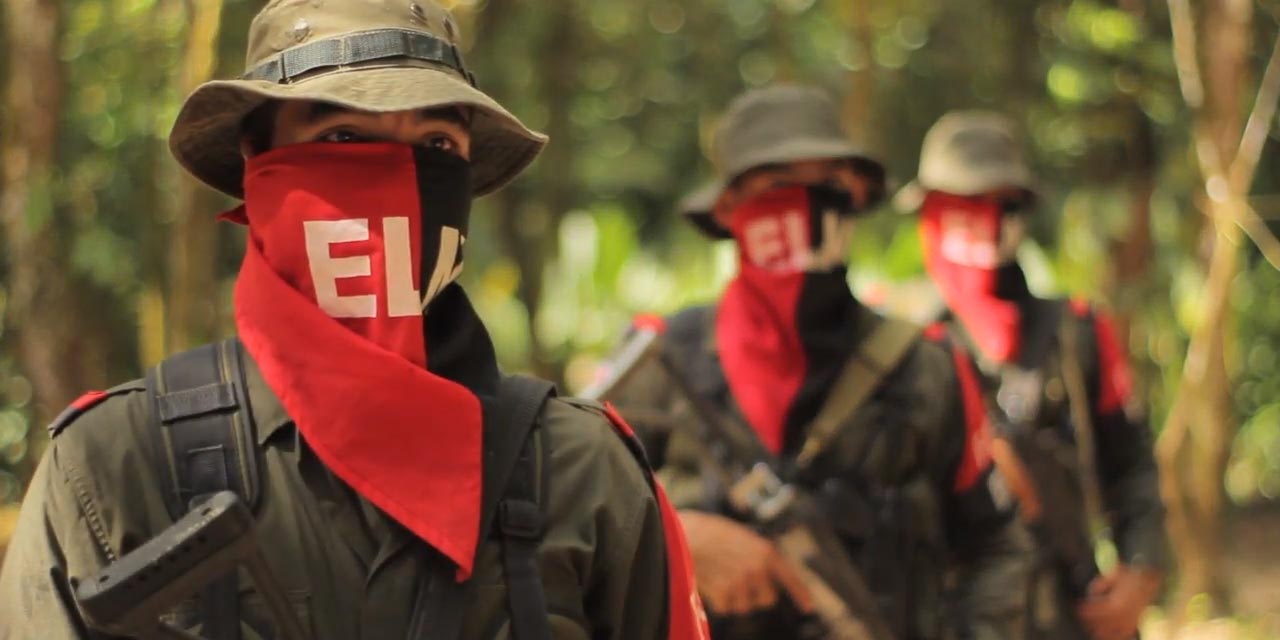Colombia’s government and ELN rebels said Wednesday they have failed to agree to a bilateral ceasefire, leaving the fate of peace talks in the hands of incoming President Ivan Duque.
The failure to come to an agreement is a major disappointment for outgoing President Juan Manuel Santos and the foreign countries that have been pushing the talks to end more than half a century of violence.
Duque has threatened to end negotiations. The incoming president and his political patron, hard-right former President Alvaro Uribe, also opposed successful peace talks with the FARC that laid down its weapons last year.
Santos urged his successor to continue the talks, claiming “we have never come this far” in a negotiated end to the armed conflict.
Santos’ representatives in Havana, Cuba — where the talks take place — have been negotiating frantically to come to a ceasefire that would make it more difficult for Duque, who has no significant leadership experience, to throw years of negotiations in the bin.
This has failed. “For the moment, peace is Colombia has been put on hold,” an apparent ELN website said.
“We are not completely satisfied because we did not achieve a ceasefire,” lead government negotiator Gustavo Bell told press.
However, according to Santos, “what we have achieved after much effort was to lay the foundations to continue” talking.
The outgoing president said that the warring parties were unable to reach consensus over protocols requested by the United Nations, which is expected to monitor a ceasefire.
“We are very close to make this step,” Santos said on the government’s website.
“President Santos hoped that the government that begins on August 7 will continue these efforts and said that only 10% of the necessary tasks are missing for the ceasefire,” the presidential website said.
Duque has ignored what would be one of the most thorny subjects for his administration; instead he was celebrating Colombian sports achievements at the Central American Games.
The United Nations said that it “maintains committed to contribute to the success of this effort” to end a seemingly endless war.
Overcoming these persistent differences to achieve a robust and durable ceasefire will be the challenge of future negotiations. However, the need for a creative and sustained effort to achieve an ambitious ceasefire that addresses all concerns does not mean that this peace process cannot produce immediate positive effects for the population, including a reduction in violence. On the contrary, its legitimacy cannot be sustained without these tangible benefits for communities and society as a whole.
Whether both the military and the ELN will maintain their apparent restraint that has led to a reduction in violence over the past few months once Duque takes office is uncertain.


